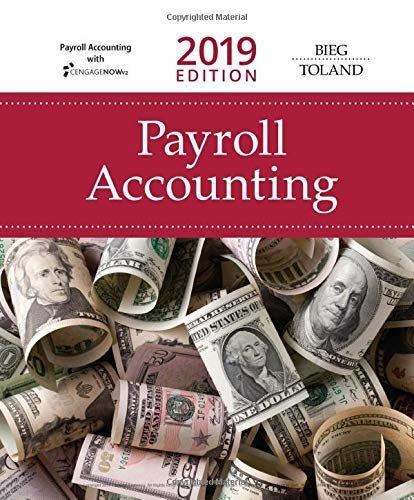Answered step by step
Verified Expert Solution
Question
1 Approved Answer
4 Mike and Joe enter into a contract. That contract involves an arbitration clause. A dispute arises. How will the terms of arbitration be determined?
4
Mike and Joe enter into a contract. That contract involves an arbitration clause. A dispute arises. How will the terms of arbitration be determined?
A. The official rules of the American Arbitration Association.
* B. The parties will agree before the arbitration begins.
* C. In the relevant state statute books.
* D. In the terms of the contract.
5
Joe is a resident of Iowa. Ricardo is a resident of Illinois. They entered into a contract for services in Missouri. Joe breaches the contract. Ricardo suffers $100,000 in damages. In which court should Ricardo bring his lawsuit?
A. Missouri Appellate Court
* B. Iowa Federal Court
* C. Illinois State Court
* D. Wisconsin State Court, as a neutral adjoining jurisdiction
6
Mark is a resident of Virginia. Jim is a resident of California. They are involved in a contract dispute regarding Mark's agreement to deliver 5,000 beaver pelts to Jim in California. Mark has FedEx deliver 4,500 beaver pelts. Other than this transaction, Mark has never done business in California and has never been in California before. Jim files a lawsuit against Mark in California State Court. Is the jurisdiction proper as to Mark?
A. Yes, only if Mark's activities fall within California's long arm statute.
* B. No. Mark has no contact with the California Court.
* C. Yes, it is In Rem jurisdiction since Mark delivered property into California.
* D. Yes, under all circumstances.
7
The State of Wisconsin has decided to do more to protect their local breweries from outside competition. To that end, Wisconsin decides that it will tax beers sold in the State of Wisconsin on two different rates. Any beer, which is brewed within the State, will be taxed at 4%. However, any beer sold within Wisconsin, which was brewed in another State, will be taxed at 10%. Is this a valid regulation?
A. No, unless they provide compensation for the breweries for their lost revenue.
* B. No, Wisconsin cannot regulate interstate commerce.
* C. Yes, if Wisconsin has a compelling interest in the tax rate of beers.
* D. Yes, as long the tax rate is clearly outlined to out of state breweries.
Step by Step Solution
There are 3 Steps involved in it
Step: 1

Get Instant Access to Expert-Tailored Solutions
See step-by-step solutions with expert insights and AI powered tools for academic success
Step: 2

Step: 3

Ace Your Homework with AI
Get the answers you need in no time with our AI-driven, step-by-step assistance
Get Started


